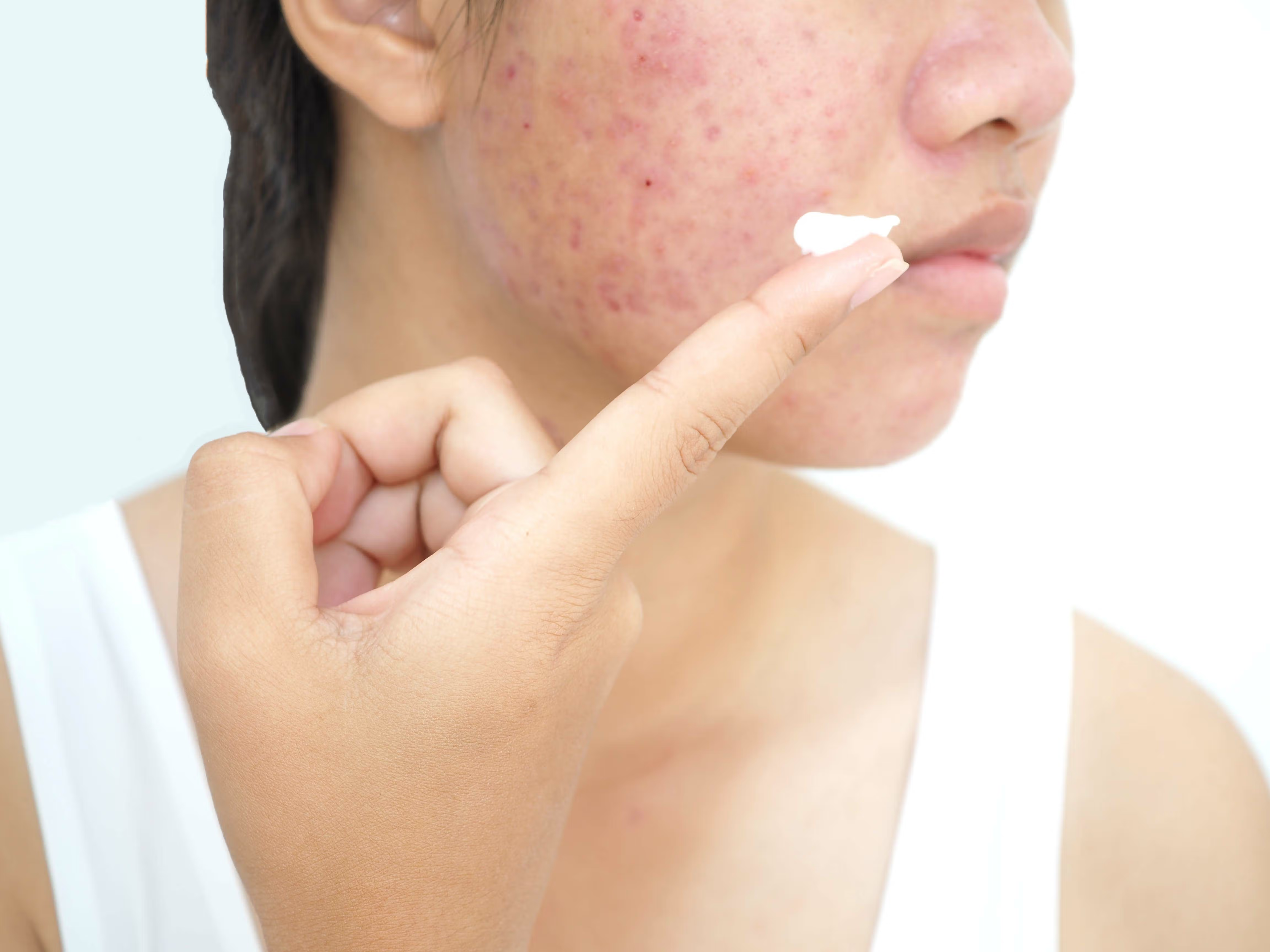- Acne
- Actinic Keratosis
- Aesthetics
- Alopecia
- Atopic Dermatitis
- Buy-and-Bill
- COVID-19
- Case-Based Roundtable
- Chronic Hand Eczema
- Drug Watch
- Eczema
- General Dermatology
- Hidradenitis Suppurativa
- Melasma
- NP and PA
- Pediatric Dermatology
- Pigmentary Disorders
- Practice Management
- Precision Medicine and Biologics
- Prurigo Nodularis
- Psoriasis
- Psoriatic Arthritis
- Rare Disease
- Rosacea
- Skin Cancer
- Vitiligo
- Wound Care
Article
Does CBD Play a Role in Acne Treatment?
Author(s):
CBD therapy has had positive outcomes in other inflammatory conditions.
Cannabidiol (CBD) and other cannabis derived therapies may reduce both inflammation and the expression of inflammatory cytokines when used to treat acne and other acne-like conditions, according to a review published in the Journal of Inflammation Research.1
Acne is the most common skin condition in the United States, impacting an estimated 85% of individuals between the ages of 12 and 24. Current conventional acne therapies include topical retinoids, such as tretinoin and erythromycin; OTC bactericidal agents containing salicylic acid and benzoyl peroxide; and systemic treatments such as oral antibiotics or isotretinoin. Although these treatments can be effective, there is a potential for significant side effects and antibiotic resistance.
Researchers therefore have turned towards natural plant-derived treatments or phytotherapeutics and are investigating these agents as alternative or adjuvant treatments for current therapeutic acne regimens.
Previous research has evaluated—and “extensively supported”—the therapeutic potential of CBD for numerous immunological, neurodegenerative, cancer, cardiovascular, and dermatological diseases—all conditions with (like acne) an inflammatory component.
One study evaluating the impacts of CBD on human sebaceous glands found that CBD can dose-dependently inhibit excessive lipid synthesis in sebocyte cultures pre-treated with “pro-acne” inducing inflammatory compounds including arachidonic acid, linoleic acid, and testosterone; CBD also had anti-inflammatory effects that reduced inflammatory cytokine tumor necrosis factor-a. Results from this study, the review authors noted, “strongly demonstrate the clinical potential of CBD in the treatment of acne.”
Another study demonstrated the potential anti-acne effects of hem seed hexane extracts (HSHE), another derivative of the cannabis plant; these effects were observed in an in vitro model. Results of a human study evaluating the safety and efficacy of cannabis seed extracts in treating acne showed that these extracts reduced erythema. Over a 12-week period—with erythema changes measured every 2 weeks—3% cannabis seed extract creams “significantly reduced erythema after each 2-week observation,” and a “notable, gradual reduction in erythema was observed” during the course of the study. The cream was also safe, well-tolerated, nonallergenic, and nonirritating.
Limitations to the studies in this review include a lack of reliable animal models mimicking acne conditions.
“There is an evident need for large-scale human studies to understand the impact of CBD on acne at the clinical level,” the authors concluded. “Future studies may also optimize the concentration and delivery of CBD for the treatment of acne.”
Reference
- Peyravian N, Deo S, Daunert S, Jimenez JJ. The anti-inflammatory effects of cannabidiol (CBD) on acne. J Inflamm Res. 2022;15:2795—2801. Doi:10.2147/JIR.S355489











